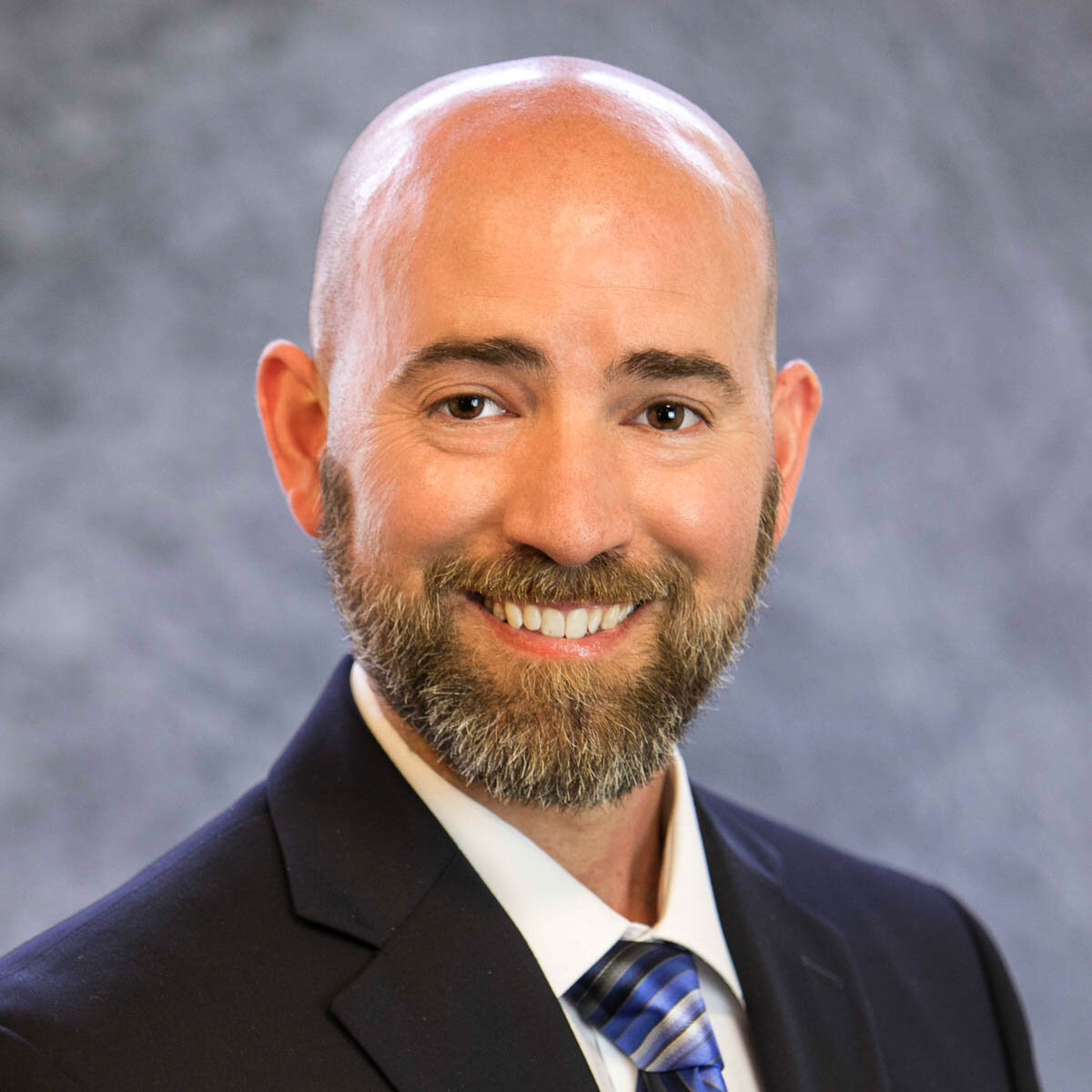
Jason Mercier of the Washington Policy Center explains why ‘It is time to end governance by press release and return to the normal public legislative process’
Jason Mercier
Washington Policy Center
The Court of Appeals yesterday in a 2-1 ruling upheld the state’s prior mask mandate and authority for future imposition. The ruling is not a surprise, realizing Washington’s current emergency powers statute grants broad authority to the executive branch to issue orders without restriction. Whether or not the policies imposed are appropriate or popular, the current emergency powers framework provides essentially a blank check for the executive branch to make far-reaching policies behind closed doors that can continue indefinitely without legislative oversight. This structural imbalance in governance led to an interesting dissent in the ruling that the legislature should heed.

Judge Bernard Veljacic (appointed by Governor Inslee) dissented in the ruling saying:
“Even so, I am not convinced that the legislature, in making the grant of authority, anticipated such a broad and lengthy imposition of emergency health measures when it first enacted chapter 43.06 RCW. It is true that our Supreme Court has recognized that the broad grant of authority ‘evidence[s] a clear intent by the legislature to delegate requisite police power to the governor in times of emergency.’ But this begs the question: ‘for how long’?
Certainly, while initial executive response to emergencies should be robust and unhindered by the burden of administrative or legislative oversight, this should not be the case over a longer period of time. Of course, in the early days of an emergency, Washingtonians would suffer if required to wait on the executive to set a legislative session, assemble the necessary quorum, and oversee a vote on a course of action. But at some point, over the long term, an emergency grows less emergent. After all, time allows for the opportunity to reflect. That same opportunity should include legislative review.
In all instances, we must be careful with such broad grants of authority. We would do well to employ a healthy skepticism of such authority upon objective consideration of who might possibly wield it at some point, or what they might deem an emergency.”
According to the National Academy for State Health Policy, Washington is currently one of just 13 states with an active COVID state of emergency declaration in place. There is currently no estimate for when Washington’s emergency declaration will cease or what metrics need to be reached to return to normal governance.
There is a very simple fix the legislature should make next session to restore balance to the state’s emergency powers framework. Harmonizing the existing law so that both waiving of statute and restrictive proclamations expire after 30 days unless the legislature votes to continue should not be controversial. There is no logical reason to treat those emergency actions by the Governor differently.
Requiring affirmative legislative approval after a set point in time removes not a single tool from the Governor’s toolbox. All existing authority remains, the only change is that the closed-door policy making is required to be justified to the people’s legislative branch of government to continue a policy (i.e., the separations of power and checks and balances envisioned and promised under our republican form of government).
The Governor should not fear being required to make the case to lawmakers why a particular emergency restriction is appropriate to continue, and the legislature should not hide from its constitutional responsibility to debate and adopt policy. At some point the executive branch should be required to receive permission from the legislative branch to continue making far-reaching policies under an emergency order. Our system is not meant to be the arbitrary rule of one behind closed doors.
Judge Veljacic is correct that “we must be careful with such broad grants of authority.” It is time to end governance by press release and return to the normal public legislative process.
Additional Information
WPC emergency powers reform testimony
Jason Mercier is the director of the Center for Government Reform at the Washington Policy Center.




